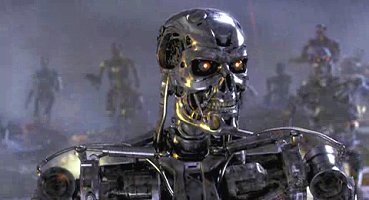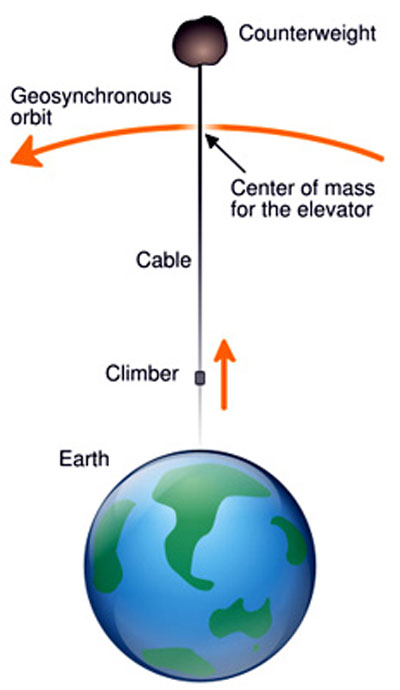This week I have been mostly thinking about the future.... and the past. And on thinking of these things I was also forced to consider thoughts about concepts of the present, fate, determinism, immutability and causality.*
In this particular blog I would like to answer some of the bigger questions out there about the universe and time. Does fate exist?... if so, can you change the future or is it as unchangeable as the past. Is time itself a human constructed concept? and does it even exist?
I was gonna give my genius spin on the subject of fate, choice and alternative realities anyway, but this week I saw the wonderful new movie by Zowie Bowie (Duncan Jones to you), Source Code. Without spoiling too much, it has Donnie Darko continually going back to 8 minutes before a train explodes. And he changes things.... He doesn't however change anything in his reality, but it's implied that every time something different happens to the original time-line, the consequences are played out in an alternative reality. I'm sure we all know how this works already; It's explained often enough in science fiction.
But is it only science fiction? Or are alternative realities actually as real as this one?
I think so. It is after all, the only way to explain away the riddle of fate and choice (which is what this blog was meant to be about in the first place).
Let's look at the alternative: A universe where multiple/infinite realities don't exist; where our reality is the only version, and there is only one sequence of history.
In such a universe, two more choices exist:
- The future doesn't exist and is therefore changeable. The only possible version of events in our non-deterministic universe are dictated by the choices we all make. This would be the perfect scenario for the way time works, were it not for the fact that in theory, time travel backwards is possible, and in fact time travel forward is also possible. This is because time runs at different relative speeds for an object travelling at speed compared to the relative space it travels through. So in a universe where you can go forward and back in time (and potentially change things to what was going to/supposed to happen), it's possible to create a paradox. (What if Marty had actually been a bit sick, and continued to date his mum?! He'd never exist to threaten his own existence)
- The future already exist and is therefore unchangeable. Again even if time-travel was impossible, it implies that the future is set, and nothing... nothing we do can ever change it. Personally I don't like this idea. It means that fate exists and that we're not in charge of our own destiny. Again in this version of events, if you had prior knowledge to what was going to happen, this would create a paradox.
The only way an impossible paradox is avoided is if the changes made to any time-line create an alternative reality.
But then there's the argument that if we occupy one of these infinite number of realities, and we're just one universe that happened in a specific way, then that implies that again we're fatefully destined to live out that specific version of history. Well I don't buy into this. If we are living in one of an infinite number of realities where the future already exists and only one version of events can happen, then I'm certain that the one version of events that we occupy fluctuates every time a conscious decision (or unconscious action) is made by any life-form on the planet. For every choice that is made, our universe becomes a new version of itself. Yes, we are living within a single reality amongst an infinite sea of realities. But we decide which one we're living in.
The future is not set.
The future is not set.
*I don't know the meaning of at least one of these words.







